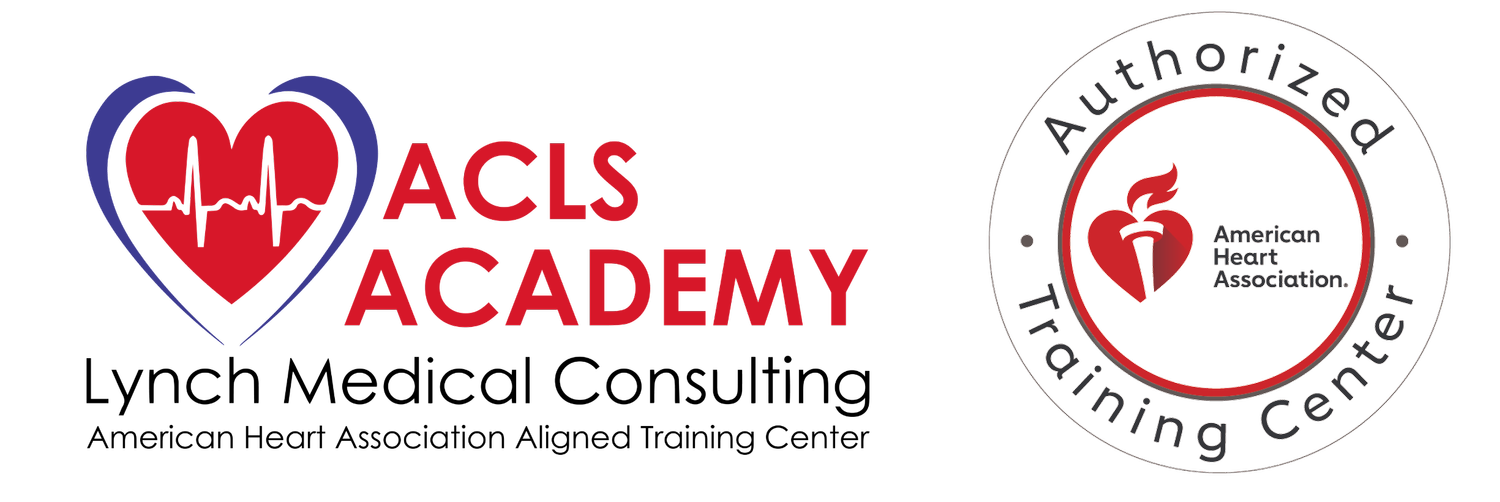As your trusted AHA authorized training center, we want to educate you in and outside of our courses. In this blog, we're going to explore the world of heart check foods - those delicious and nutritious options that can help you maintain a strong and healthy heart. Remember, a heart-healthy diet is not just for those who have encountered heart issues; it is for everyone who wishes to prevent them and promote overall well-being.
Heart disease remains the leading cause of death worldwide, but the good news is that many risk factors can be managed through lifestyle choices, with diet being a major player. Incorporating heart-friendly foods into your diet can go a long way in safeguarding your cardiovascular health. So, let's explore some of the foods that will nourish your heart and help you lead a healthier, happier life.
Why Focus on Heart-Healthy Foods?
Your heart is the hardest-working muscle in your body, pumping blood and oxygen to every cell, tissue, and organ. It's crucial to fuel this powerhouse with the right foods to keep it functioning at its best. A heart-healthy diet can:
Reduce the Risk of Heart Disease: Heart disease is a leading cause of death worldwide. Consuming heart-healthy foods can help reduce your risk factors, such as high blood pressure and cholesterol levels.
Maintain Healthy Weight: Maintaining a healthy weight is vital for heart health. Heart-healthy foods can assist in weight management by providing essential nutrients without excess calories.
Lower Blood Pressure: A diet rich in fruits, vegetables, whole grains, and lean proteins can help regulate blood pressure and reduce the strain on your heart.
Control Cholesterol Levels: Certain foods can help lower LDL (bad) cholesterol levels and increase HDL (good) cholesterol levels, improving your overall lipid profile.
Provide Essential Nutrients: Heart-healthy foods are loaded with vitamins, minerals, and antioxidants that support the overall health of your heart and body.
Now that we understand why heart-healthy foods are crucial, let's dive into some of the top choices:
1. Fatty Fish: Fish like salmon, mackerel, trout, and sardines are rich in omega-3 fatty acids, which have been shown to reduce the risk of heart disease. Omega-3s help lower blood pressure, reduce inflammation, and decrease triglycerides. Aim to include fish in your diet at least twice a week for maximum benefits.
2. Berries: Blueberries, strawberries, and raspberries are packed with antioxidants known as polyphenols, which have been linked to improved heart health. These antioxidants help reduce blood pressure, decrease LDL cholesterol levels, and improve the function of blood vessels.
3. Nuts: Almonds, walnuts, and pistachios are excellent sources of heart-healthy fats, fiber, and vitamins. They can help lower LDL cholesterol and reduce the risk of heart disease. However, portion control is key, as nuts are calorie dense.
4. Oats: Oats are a fantastic source of soluble fiber, which helps lower LDL cholesterol levels. Start your day with a hearty bowl of oatmeal or add oats to your smoothie for a heart-healthy boost.
5. Leafy Greens: Spinach, kale, collard greens, and Swiss chard are packed with vitamins, minerals, and antioxidants. They can help improve blood pressure and reduce the risk of heart disease. Incorporate these greens into your salads, stir-fries, or smoothies.
6. Olive Oil: Opt for extra-virgin olive oil as your primary cooking oil. It is rich in monounsaturated fats and antioxidants, which can help lower LDL cholesterol and reduce inflammation.
7. Beans and Legumes: Lentils, chickpeas, black beans, and kidney beans are high in fiber, protein, and various vitamins and minerals. They can help lower cholesterol levels and stabilize blood sugar, reducing the risk of heart disease.
8. Dark Chocolate: Yes, you read that correctly! Dark chocolate (with at least 70% cocoa content) contains flavonoids that can improve heart health by reducing blood pressure and increasing blood flow. Enjoy it in moderation as an occasional treat.
9. Tomatoes: Tomatoes are rich in lycopene, an antioxidant that may help reduce the risk of heart disease by lowering LDL cholesterol levels and improving blood vessel function.
10. Red Wine (in moderation): Some studies suggest that moderate consumption of red wine may have heart-protective benefits due to its high levels of antioxidants. However, moderation is crucial, as excessive alcohol consumption can harm your heart.
Remember, while these heart-healthy foods are essential, a balanced diet that includes a variety of nutrients is key to overall health. It is also vital to maintain a healthy lifestyle by staying physically active, managing stress, and avoiding smoking.
For more information on heart-healthy living, CPR and ACLS certification, or other related topics, be sure to explore our courses and resources. Together, we can work towards a heart-healthy future.

